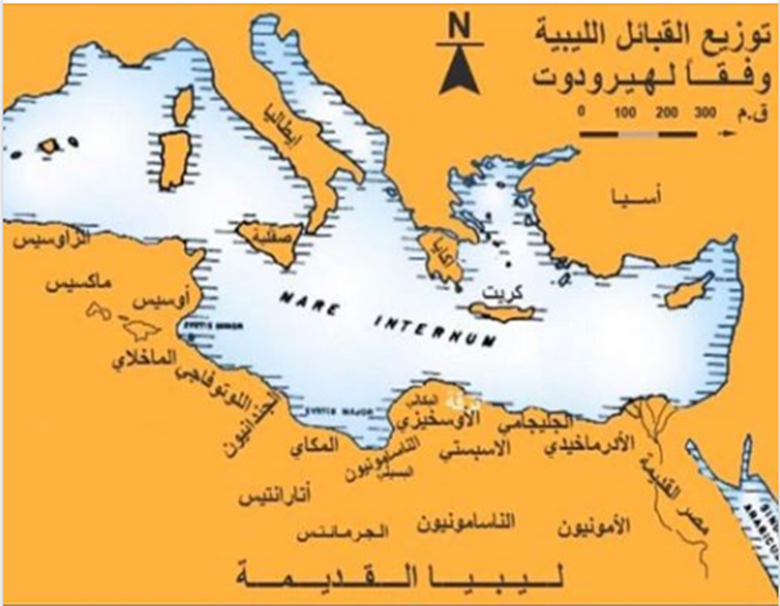School in North Africa since the seventh century BC...

Perhaps no one has ever asked himself where did Plato, Socrates, Epicurus, and all the Greek philosophers whose lives we study? Where did Herodotus the historian study? ..And who taught them wisdom, philosophy or science?
History tells us that the Greek philosopher Plato studied under the Amazigh mathematician Theodore of Cyrene in Libya (Theodore de Cyrène).
The Greek philosopher Plato himself mentioned in the dialogue (Theaetetus) that he visited Libya in order to meet the philosopher and mathematician Theodore of Cyrene.
Where education was in North Africa, and in Cyrene in particular, as it was a distinguished cultural and scientific center, students came from all over the ancient world, not only from North Africa, but also from Greece and Alexandria, and the best philosophers and scholars were there, until two of the most important philosophical schools appeared there in the fourth century BC. ..

The first school: It is called the Cyrenean philosophical school, and it was founded by the Cyrenean philosopher Aristophus (Aristippus) 435-356 BC...
The second school: is the scientific school of Cyrene, which represents an ancient Amazigh intellectual orientation concerned primarily with logic and mathematics, and among its most important pioneers are Aristothenes of Cyrene (Erathostenes) and Theodorus, who rose to Cyrene in 456 BC and was a professor of mathematics to Plato...
The interest of the ancient Amazighs in rationality may also be inferred from the philosopher Manilius, who is considered one of the greatest defenders of rationalism and is considered one of the first pioneers in this trend. Among his sayings are: “Do not despise your mental powers on the pretext that they are imprisoned by a thin body, for they are a huge force because the mind can solve all problems.”
In fact, primary schools and the gradual teaching system arose in North Africa as early as the seventh century BC, a century before Rome knew it. This education is carried out by specialist teachers and professors, and the teaching period lasts 5 years for students, including females, during which children learn to read, write, and arithmetic. The last year they are tested in these subjects, and those who succeed move on to secondary education, which takes 7 years.
the reviewer.
Mustafa Kamal Abdel Amim: Studies in the Ancient History of Libya, National Press, Benghazi, 1966, pp. 60-61.
Dr. Historian Abdel Salam Ben Mays: Manifestations of Rational Thought in Ancient Amazigh Culture, 2nd edition. Rabat, 2010, pp. 32-35..
Abdel Salam Ben Mais is a state doctor at the Sorbonne University in Paris, since 1990. He is interested in logic, philosophy of science, epistemology, and the history of scientific ideas. Since 1982, he has been working as a research professor at Mohammed V University - Agdal, Rabat. Professor Ben Mays has published several articles and books, including: Issues in Epistemology and Logic (Al-Madares 2000), Causation in Classical and Relativity Physics (Toubkal 1994). The author also worked as a visiting professor at Bordeaux University III in France (1999) and at various American universities (2004), and head of the Philosophy Department at Mohammed V University, Rabat (2005-2009). Responsible for the research team (philosophy in the service of humanity).

